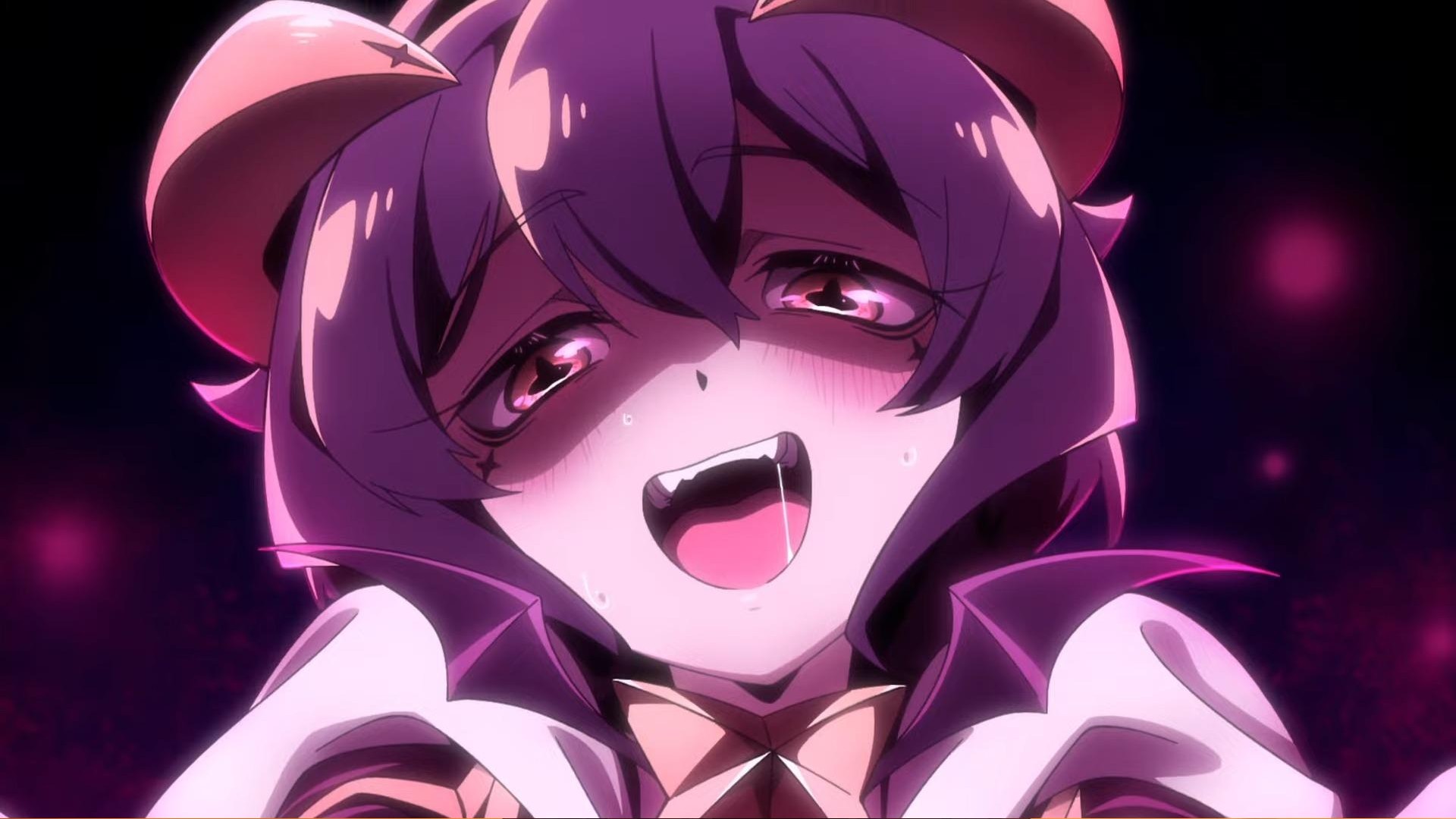What makes it so different from other ecchi series?
Summary:
- Gushing over Magical Girls, unlike many other recent series featuring fanservice, isn't a target of any active controversy.
- The anime knows its target audience and caters to it.
- Most people don't actually want ecchi anime, and Gushing over Magical Girls doesn't belong to any mainstream genre — if you're watching it, you know exactly why.
Gushing over Magical Girls (Mahou Shoujo ni Akogarete) is perhaps one of the most unusual anime this season. Combining the magical girl genre with a very unique spin on it (specifically, a villainous protagonist), it is one of the most explicit ecchi series we've had in recent years.
Despite the amount and craziness of fanservice in it, there are hardly any people complaining about it.
Everyone suddenly seems fine with it, when just a few seasons ago, anime like Onimai: I'm Now Your Sister! (Oniichan wa Oshimai!) and Mushoku Tensei: Jobless Reincarnation (Mushoku Tensei: Isekai Ittara Honki Dasu) were actually criticized for their fanservice.
Gushing over Magical Girls knows its target audience
The lead cause is actually fairly simple: the main selling point of Gushing over Magical Girls is fanservice, and it's pretty blatant about it. There's no other reason you'd watch the series: people who aren't ecchi fans would simply avoid the series. The aggressive promotional campaign, also focused on fanservice, also helps.
What is interesting is that the anime actually ramps up the fanservice compared to the manga — which was already very explicit. This is a good example of a series knowing its target audience and going all-out for it. Considering the studio had to make extra Blu-Rays to cover all the pre-orders, this strategy is certainly working.
Fanservice within more mainstream series alienates watchers
Compared to this, Mushoku Tensei, for example, is mainly an isekai series — with a lot of fanservice here and there. Not only is its fanservice controversial because of the age gap, but also some people might enjoy the isekai genre but not the fanservice of the series.
Basically, a lot of the general anime fandom doesn't seem to actually like fanservice that much — but they do like fantasy series.
Another example would be Fire Force (Enen no Shouboutai), where many fans have complained about the fanservice ruining the series. It's not the only shounen series like that — Fairy Tail comes to mind immediately — but in recent years, anime has become more mainstream, and most people don't actually want ecchi in their otherwise non-ecchi anime.
If you're watching Gushing over Magical Girls, you are there for ecchi
.jpg)
Magical girls are a far more niche genre of anime than isekai or battle shounen. As such, the general public that doesn't want to see ecchi would probably skip Gushing over Magical Girls — saving the series' fans from an extra headache.
And those who do pick the series up probably know exactly what they're watching it for — and they probably enjoy it.

